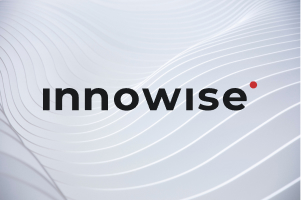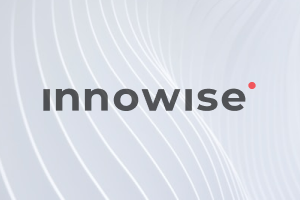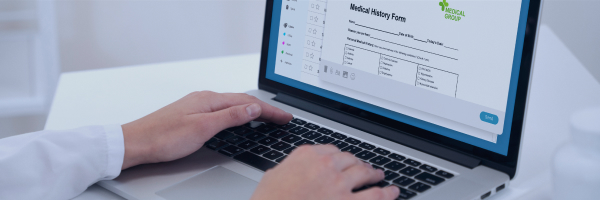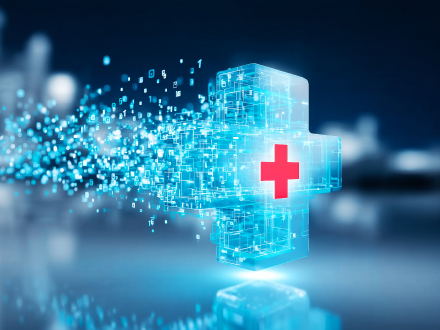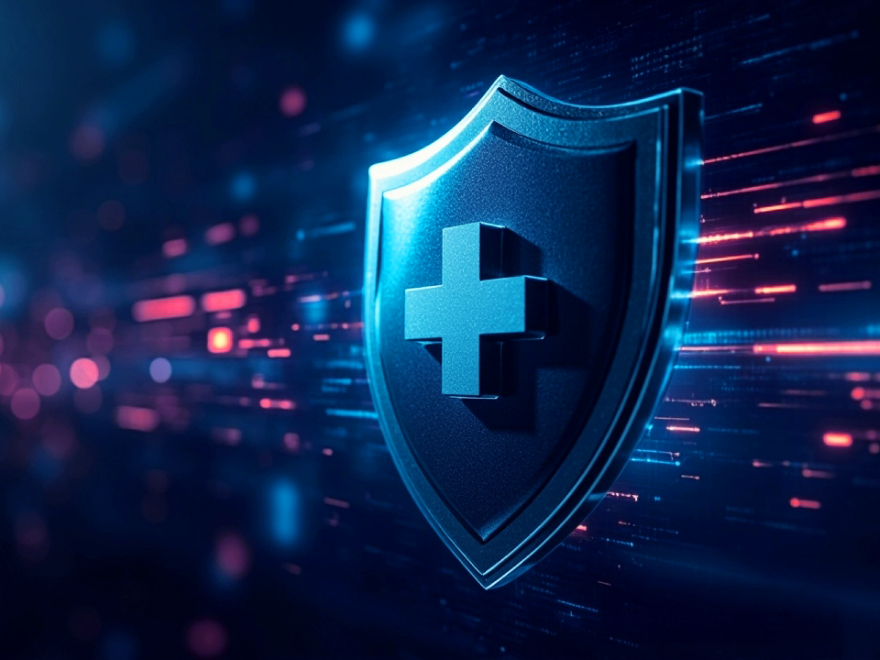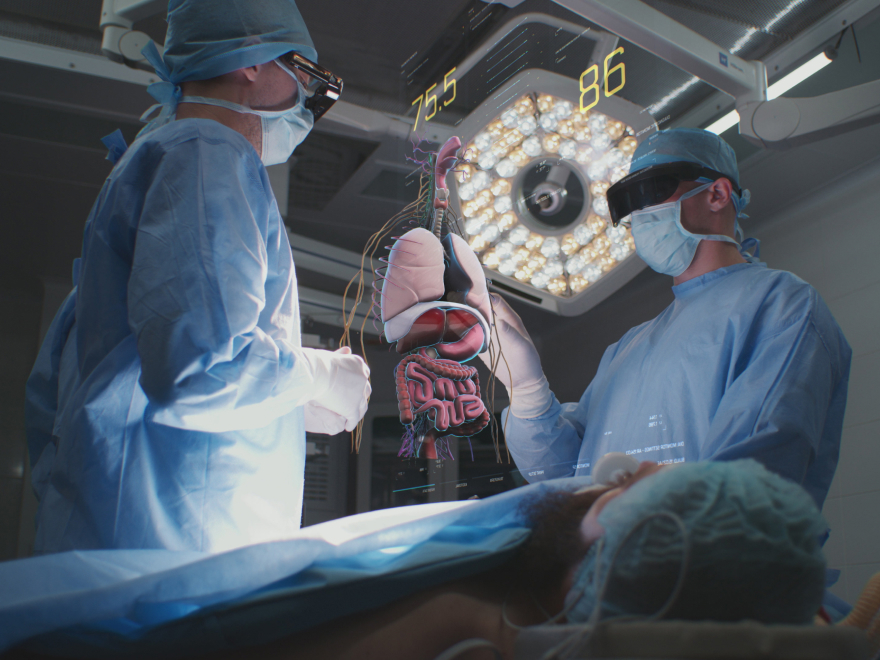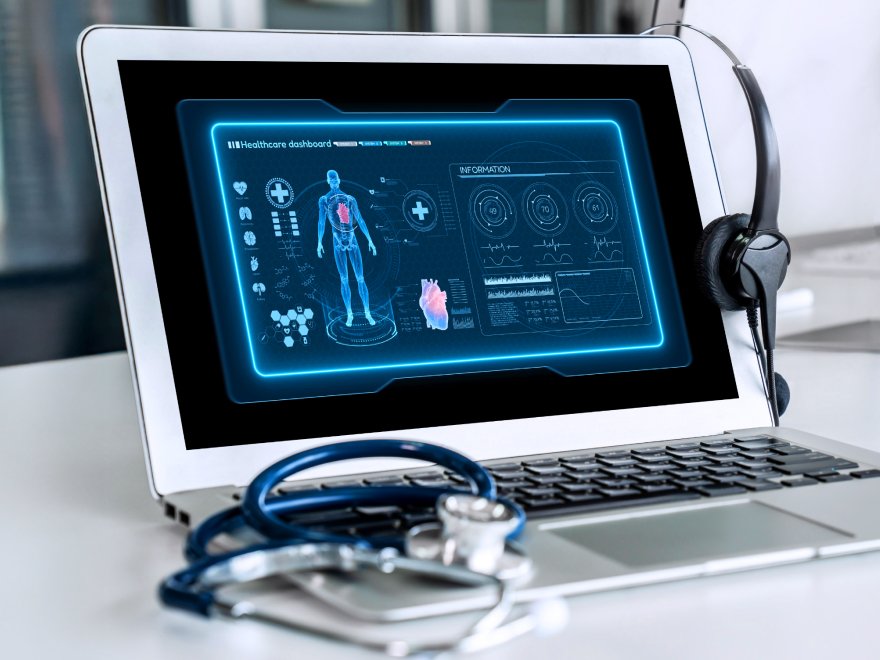- Patient data management
- Patient relationship management
- Document management
- Task management & collaboration
- Sales & marketing automation
- Reporting & analytics
- Patient self-service portal
- Integration with EHR systems
Patient data management
Each CRM features a central hub where all patient-related data comes together, from medical histories and test results to scheduled appointments and support chat requests. With access to comprehensive medical records and interaction histories, healthcare providers and medical coordinators can make precise decisions and resolve patient requests faster.
Patient relationship management
Central to healthcare CRM, relationship management helps handle interactions between providers and patients, address inquiries, schedule follow-ups, and personalize communication based on patient preferences and medical histories. This level of attention helps strengthen patient engagement and further streamlines care.
Document management
Organizing patient documents into a central digital repository, document management ensures that all relevant information is easily accessible to healthcare professionals. It also helps control document versions and share medical records, consent forms, insurance claims, and other essential documents.
Task management & collaboration
With CRM, it’s easier for medical teams to keep track of ongoing tasks and stay in touch regarding patient management. Staff can easily track task progress, synchronize schedules, and get patient information in real time. Thus, the teams stay on top of what’s important without the stress of juggling patient care and administrative work.
Sales & marketing automation
With CRM sales and marketing tools, healthcare providers can automate email campaigns to identify and nurture potential patients and retain existing ones. Crafting tailored communication strategies for different audience segments and sending targeted instant messages directly from the CRM keeps patients engaged and informed.
Reporting & analytics
CRM reporting and analytics tools give teams real-time insights into patient data, trends, and operational processes. These tools turn data on patient demographics, treatment, engagement, and practice performance metrics into straightforward, actionable information for more efficient and more responsive care.
Patient self-service portal
Patients can access their health information, schedule appointments, request prescription refills, and communicate with their providers via a self-service portal. This empowers patients to take a more active role in their care and simplifies administrative tasks for healthcare providers, enhancing overall efficiency.
Integration with EHR systems
Connecting the CRM with the EHR system ensures a seamless flow of data across platforms.
It allows healthcare providers to view patient records, lab results, and treatment histories without switching systems, leading to faster decision-making and lowering the risk of errors due to fragmented data.
